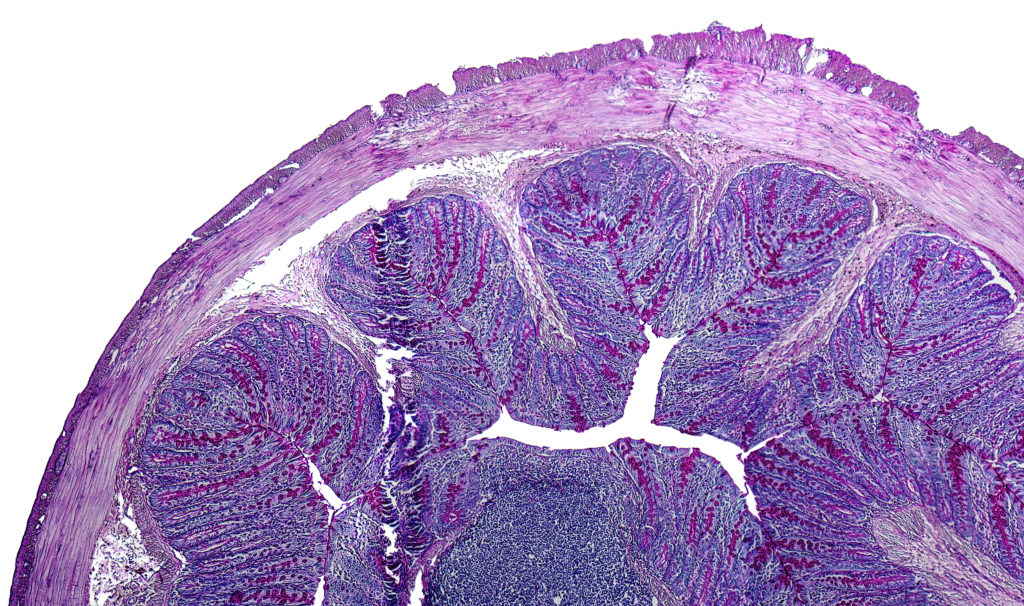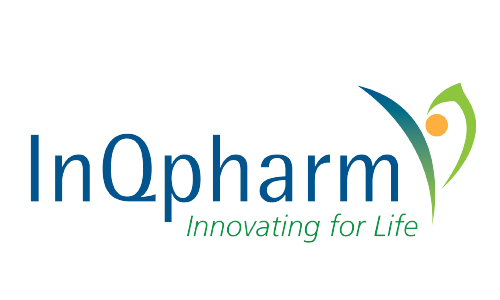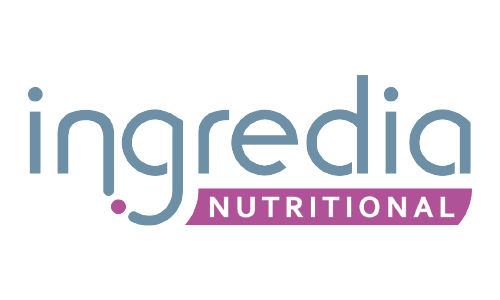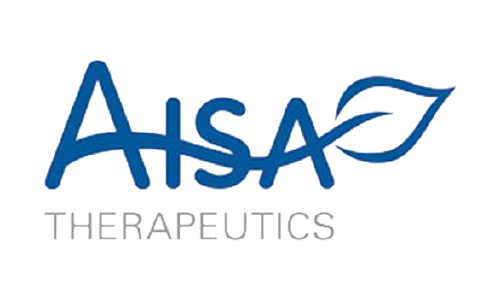CRO SERVICES IN
Gastroenterology & Metabolism
ETAP-Lab specializes in addressing various gastrointestinal disorders like irritable bowel syndrome (IBS) and traveler’s diarrhea. Our expertise also covers metabolic disturbances such as diabetes, obesity, and malnutrition induced by high-fat diets. Additionally, we are dedicated to conducting regulatory food toxicology studies aligned with OECD standards.

Our rodent models by area of expertise
Gastrointestinal diseases models
ETAP-Lab specializes in evaluating the efficacy of pharmaceutical compouds and natural ingredients specifically related to gastrointestinal pathologies. Our expertise lies in assessing the impact of these substances on the immune response in the context of microbial infections or pro-inflammatory attacks. Our IBD, IBS, and colitis rodent models provide us with the opportunity to address questions related to gastrointestinal inflammation. Many of these models are original and have been developed in response to specific client requests, addressing various aspects of Gut Health.
Inflammatory Bowel Diseases (IBD)
Irritable Bowel Syndrome (IBS)
Ulcerative Colitis
Diarrhea
Metabolism
ETAP-Lab conducts preclinical trials in the field of general metabolism and metabolic disorders related to malnutrition, age, and gender (diabetes and obesity) to evaluate the beneficial effects of pharmaceutical compounds and natural ingredients. Our models can be customized for assessing the preventive or curative effects of the products under investigation.
Diabetes
Db/Db mice
Streptozotocin induiced type I diabetes
Streptozotocin induiced type II diabetes
Obesity
High fat Diet
Ageing
Aged mice (18 months)
Aged rats (18 months)
New Ingredient and Food Toxicology
ETAP-Lab provides toxicity studies for food-ingredients, functional foods, and novel foods. Following OECD and US-EPA guidelines, toxicity studies are managed by a senior toxicologist. ETAP-Lab is certified ISO 9001: 2015 for toxicity study realization, as well as consulting, advising and expertise in toxicology. The following studies can be performed in mice and/or rats.
Short toxicity studies
Acute oral toxicity (OECD 420 , OECD 423 , ODCE 425 , US EPA 870.1100)
These studies, can specify the dose(s) of the substance that will be used for sub-chronic and/or chronic toxicity studies.
Sub-chronic and chronic toxicity studies
28-day oral toxicity (OECD 407 – US EPA 870.3050)
90-day oral toxicity (OECD 408 – US EPA 870.3100)
“Extended” 90-day oral toxicity (OECD 407 + OECD 408) (specific for novel foods)
12-month oral toxicity (OECD 452 – US EPA 870.4100)
Carcinogenicity study (OECD 451 – US EPA 870.4200)
The aim of sub-chronic and chronic toxicity studies is to assess the effects of exposure to repeated administrations of the substance tested at one or three doses in animals of both sexes in order to determine the maximum dose of this substance that does not produce any observable harmful effect (NOAEL).




















